MUSIC COPYRIGHT EXPLAINED BY MDUNDO
Written by MuriukiKiai, Database & Copyright Manager at Mdundo.
What is Copyright?
Copyright is a legal thing that gives the person who made something original the power to decide how it’s used. In simpler words, it’s a way to keep safe the stuff someone creates, so others can’t just take it and do whatever they want with it. Like, if you write a song, copyright makes sure that nobody else can copy it, sell it, or use it without asking you first.
Find out more about music copyright HERE
Why is Copyright Important in Music?
Copyright is crucial in the music industry because it ensures that musicians, songwriters, and producers get the recognition and rewards they deserve for their hard work. This protection gives artists the confidence to keep creating, knowing they can make a living from their creations. It also prevents others from using their music without permission, which is really important for maintaining the integrity and value of their work.
Master Rights vs. Publishing Rights
In the music world, there are two main types of rights that matter: master rights and publishing rights.
- Master Rights: These belong to the owner of the actual recording of the song. This could be a record label or the artist themselves if they financed the recording. If multiple parties contributed to the funding of the recording, they will co-own these rights. Having master rights means you control who can copy, sell, or distribute that specific recording.
- Publishing Rights: These rights pertain to the song itself—the composition, including lyrics and melody. Typically, these rights are held by the songwriter or a music publisher. If you own publishing rights, you control who can perform the song, create covers or remixes, and even use it in visual media like advertisements or movies.
Different types of music licenses
In the music world, there are different types of licenses that deal with publishing rights. You can get these licenses either directly from the rights owner or through Collective Management Organizations in your country.
- Mechanical License: This lets you record and distribute a song that someone else wrote. For example, if you want to cover a popular song and sell or stream your version online, you’ll need a mechanical license.
- Synchronization (Sync) License: If you want to use music with visual media like movies, TV shows, commercials, video games, or YouTube videos, you need a sync license. For instance, if you’re creating a commercial and want to use a well-known song as background music, you’ll need to get a sync license.
- Performance License: This license is necessary when music is played in public, whether it’s live performances, radio broadcasts, or music played in places like restaurants, stores, or concerts.
- Master License: A master license gives you the right to use a specific recording of a song. This is often required alongside a sync license if you’re using a pre-recorded song in a film or advertisement. The master license is usually owned by the record label or the artist.
- Print License: If you want to reproduce the lyrics or sheet music of a song, such as for songbooks, sheet music publications, or including lyrics in books or websites, you’ll need a print license.
Licenses Needed for Remixing, Covering, or Sampling a Song
If you want to legally remix, cover, or sample a song, there are specific licenses you need:
- Remixing: To remix a song, you must obtain permission from both the owner of the master rights (the original recording) and the publication rights (the composition). The master rights owner provides you permission to use their original recording, while the publishing rights holder permits you to use the underlying composition. To do this legally, you must obtain a master license from the original recording’s owner as well as a mechanical license from the publisher.
- Covering: Covering a song is when you perform and record your own rendition of another person’s music. To do this lawfully, you must have a mechanical license. This license grants you permission to reproduce and distribute the composition. You can get this license directly from the publishing rights holder.
- Sampling: Sampling is the process of extracting a portion of an existing song and incorporating it into a new composition. To legally sample, you must obtain two permissions: one from the owner of the master rights (to use the exact recording) and another from the publisher of the song. This requires a master license from the original recording’s owner as well as a mechanical license from the publisher.
How to report and resolve a copyright dispute
If you find yourself in a music copyright dispute, begin by gathering any relevant evidence, such as copyright registration certificates, contracts, emails, and recordings. Try to resolve matters informally first by discussing it with the other person. If that fails, mediation with a neutral third party may be the next option. If you still can’t come to an agreement, it may be time to consult with a music copyright attorney, who may advise you on whether to file a lawsuit or go via arbitration, which involves a third-party arbitrator making a definitive ruling that both parties must follow.
To avoid future disputes, it’s smart to register your music, use clear contracts, and keep detailed records of your creative process and business interactions. And if you’re dealing with copyright claims or disputes, remember that you can also report them to your local copyright office for further guidance and support.
How to report a copyright dispute on Mdundo
Music copyright disputes can be complex and stressful, but there are clear steps you can take to address and resolve them. Here are clear steps.
- Identify the Mdundo account
- Fill out THIS FORM to report the infringement
- We will notify the uploader of the songs and deactivate the account or song.
- We will notify you that we have deactivated the account or song .
- If the uploader disputes the claim, we will introduce both parties on email to help reach an agreement between them.
- If the uploader agrees to the dispute, the account or songs will remain inactive.
Send an email to copyright@mdundo.com if you have any questions or need any clarification.
Please note that both parties will be asked to share supporting legal documentation to the claim for royalty payments or in case of any dispute. Mdundo does not claim any ownership rights in your music. It is a lot important to note that Mdundo does not share user information unless a court order is provided. This is per the The Data Protection Act, 2019,It is important to read the Terms and Conditions here https://mdundo.com/terms/content
How to protect your music
See ways in which you can copyright your music in your country.
Kenya – https://www.mdundoforartists.com/post/how-to-copyright-a-song-in-kenya
Nigeria – https://www.mdundoforartists.com/post/how-to-copyright-a-song-in-nigeria
Tanzania – https://www.mdundoforartists.com/post/how-to-copyright-a-song-in-tanzania
Uganda – https://www.mdundoforartists.com/post/how-to-copyright-a-song-in-uganda
Ghana – https://www.mdundoforartists.com/post/how-to-copyright-a-song-in-ghana


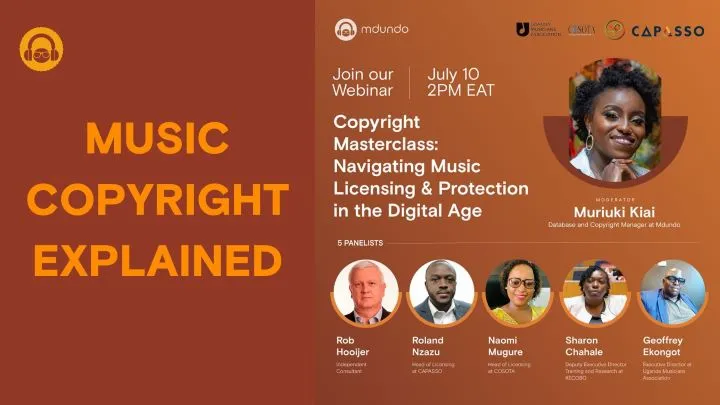
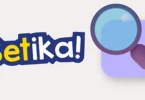
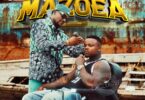


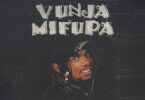


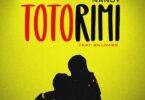












Leave a Comment